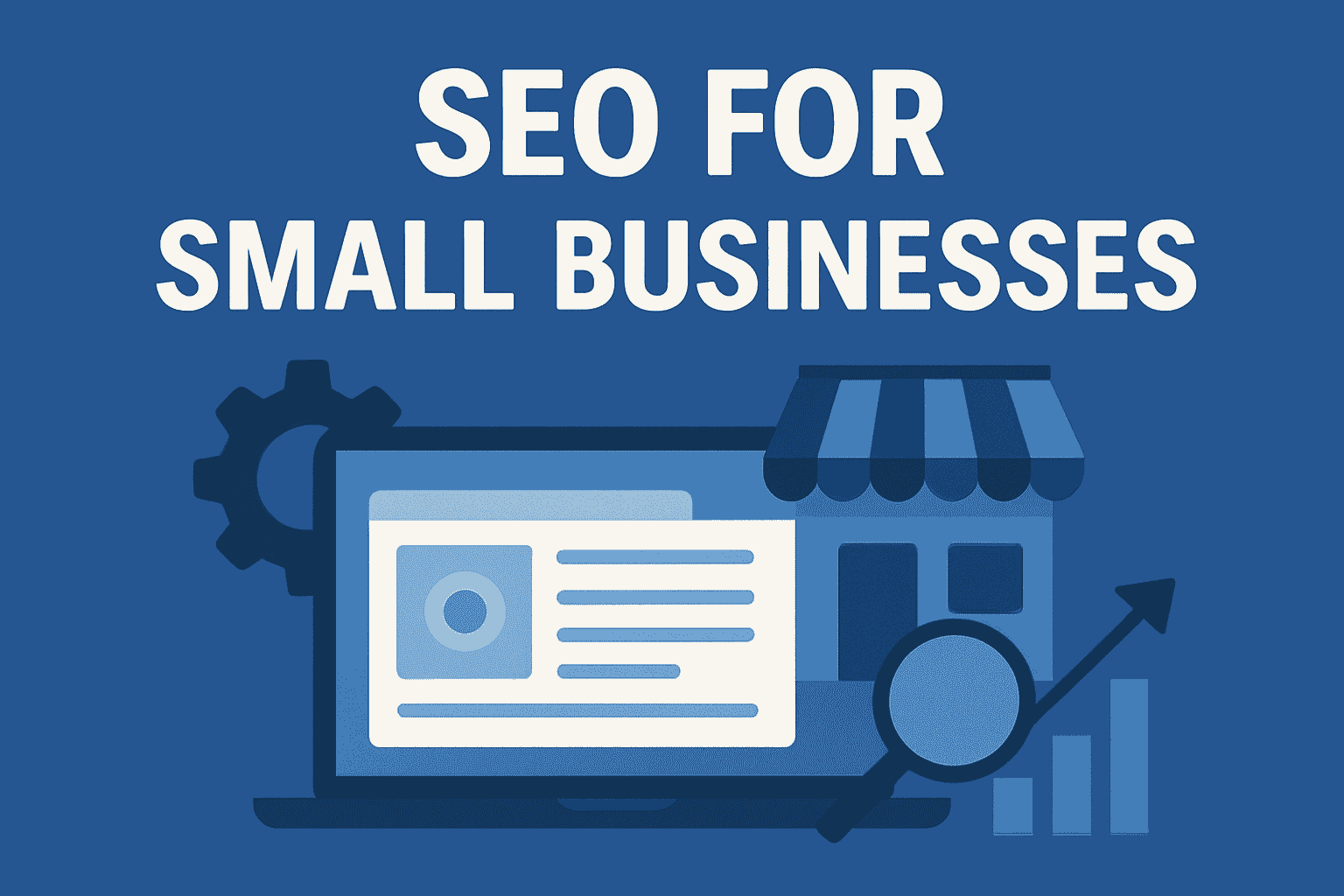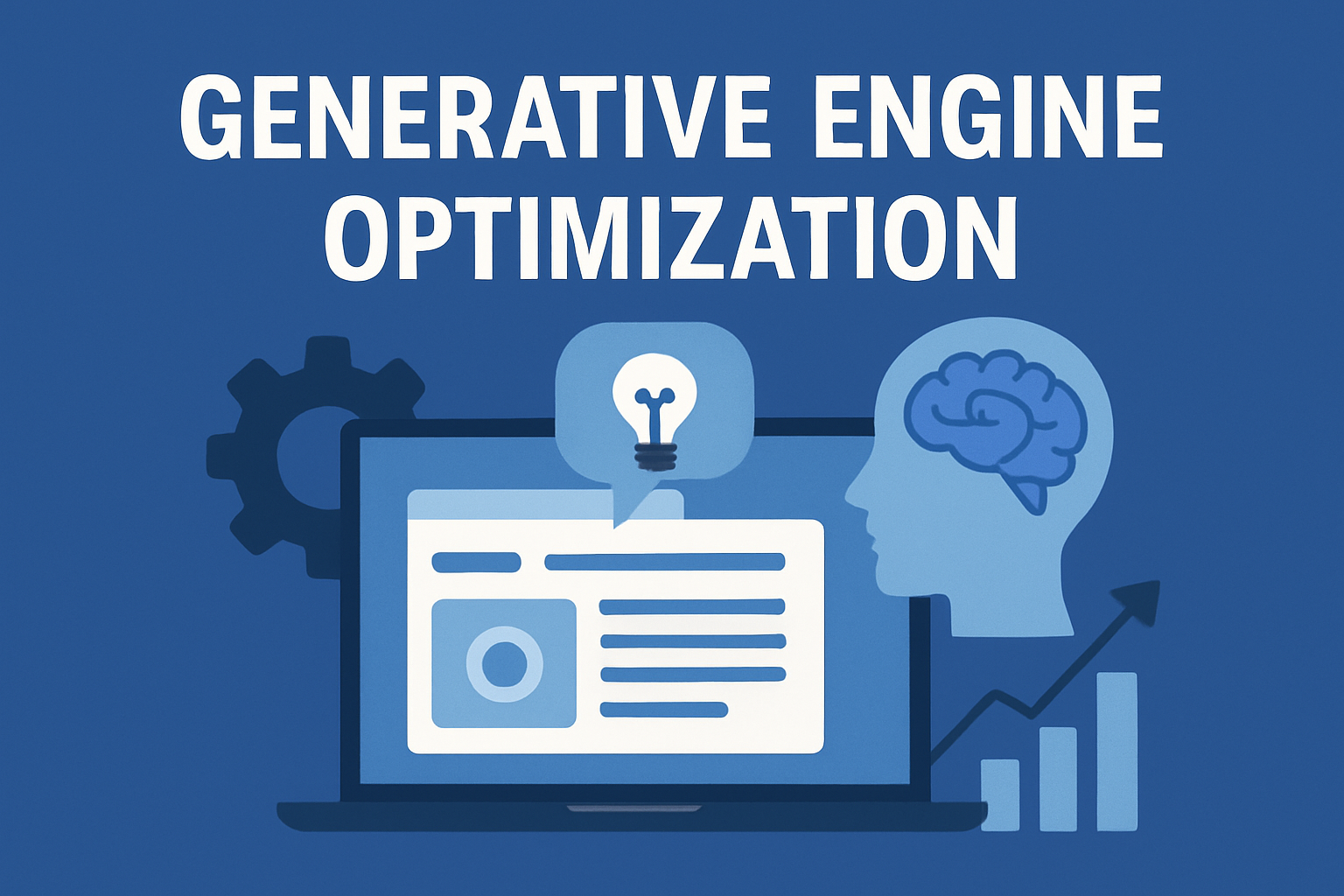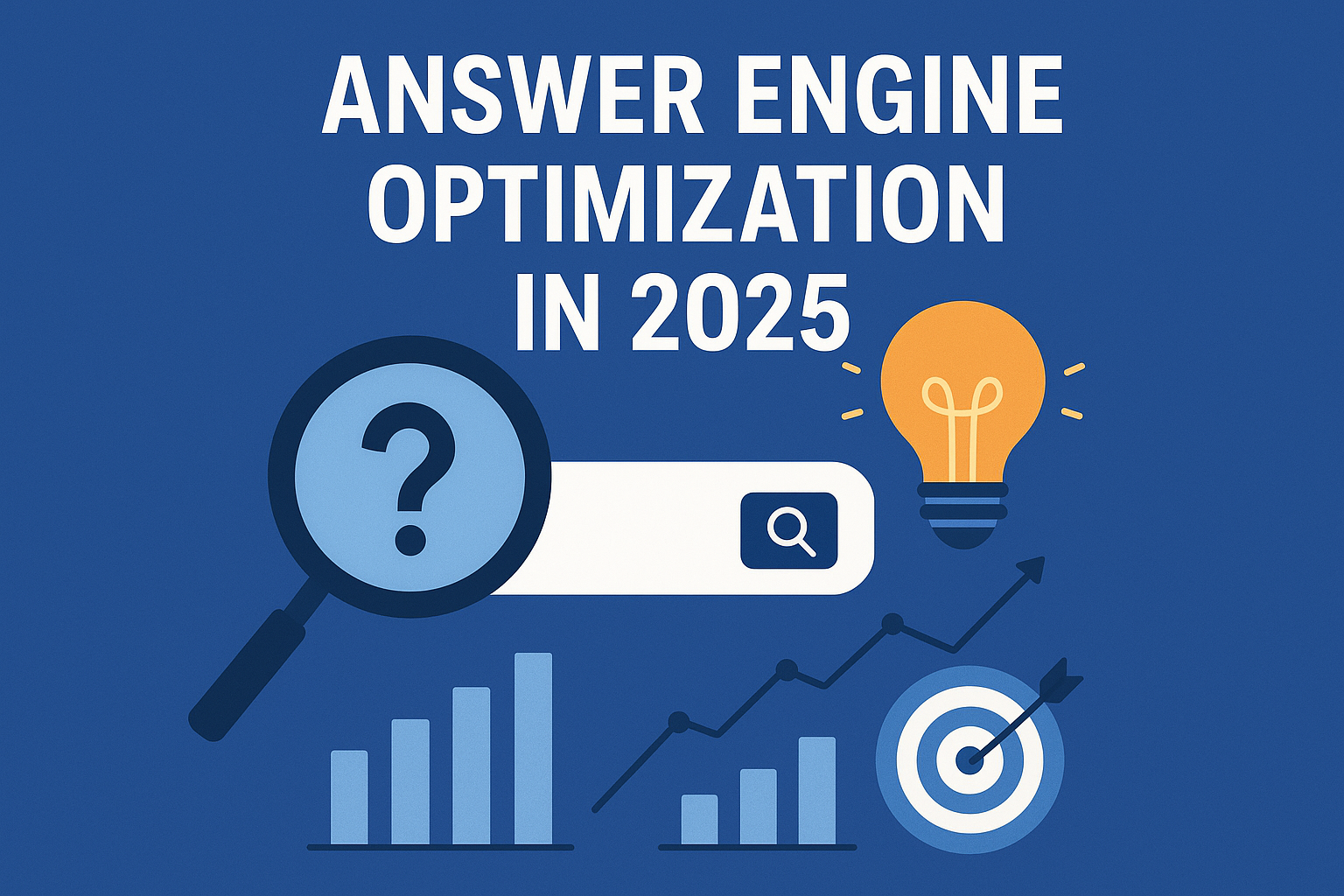If you’re a small business owner navigating digital marketing in 2025, you’ve likely asked yourself this question: Google Ads or Facebook Ads—where should I put my money?
Both platforms are powerful. But they serve different purposes, audiences, and buying journeys. Choosing the right one can mean the difference between wasted ad spend and a thriving funnel.
This guide breaks it down clearly: costs, targeting, use cases, and when to use both.
TL;DR: Key Differences in 2025
| Feature | Google Ads | Facebook Ads (Meta Ads) |
| Intent | High (active search) | Low to mid (passive discovery) |
| Audience Targeting | Keywords, search intent | Demographics, interests, behaviors |
| Ad Formats | Search, Display, Shopping, YouTube | Feed, Stories, Reels, Messenger |
| Cost (Avg CPC) | $1–$6 | $0.50–$2 |
| Conversion Journey | Direct, fast | Indirect, nurturing |
| Best For | Local services, ecom, urgent needs | Brand building, retargeting, discovery |
| Learning Curve | Moderate | Steep (Meta changes + creative testing) |
Understanding Google Ads
Google Ads is based on intent. People actively search for solutions, and you show up at the exact moment they’re ready.
Advantages:
- High buyer intent (“near me”, “best X for Y”)
- Text and shopping ads show instantly
- Great for local services, e-commerce, B2B
- Flexible budgets & ad scheduling
Challenges:
- Higher competition = higher CPCs
- Not great for brand awareness
- Requires strong landing pages
✅ Ideal for: plumbers, dentists, lawyers, product-based businesses, seasonal promotions
Understanding Facebook (Meta) Ads
Facebook Ads work on interruption and discovery. You target users based on their interests, demographics, and behavior—even if they’re not actively shopping.
Advantages:
- Micro-targeting: age, gender, life events, job titles
- Great for visual storytelling
- Ideal for top-of-funnel awareness
- Retargeting is powerful when paired with other traffic
Challenges:
- Lower intent = more nurturing required
- Creative fatigue is real—ads need frequent refresh
- Meta platform rules and changes can impact performance
✅ Ideal for: event promotions, lifestyle products, new brands, lead magnets, course creators
Budget Breakdown for Small Businesses (2025)
| Monthly Ad Budget | Platform Recommendation |
| <$1,000 | Facebook Ads (low CPC, broad reach) |
| $1,000–$3,000 | Start with Google Ads, retarget on Meta |
| $3,000+ | Use both: Google for high-intent leads, Meta for remarketing and top-funnel |
Which Platform Performs Better by Goal?
| Business Goal | Winner |
| Immediate leads | Google Ads |
| Website traffic boost | Facebook Ads |
| Product sales (Ecom) | Google Shopping + Meta Carousel combo |
| Event promotion | Facebook Ads |
| Local service visibility | Google Ads |
| Course signups / lead magnets | Facebook Ads |
2025 Trends: What’s New on Each Platform
Google Ads:
- Responsive Search Ads (RSAs) are the default
- AI-based bidding (Maximize Conversions, Target ROAS)
- Server-side tracking and GA4 integration is critical
- Enhanced Local Ads and lead form extensions
Facebook/Meta Ads:
- Reels Ads gaining priority over Feed
- Advantage+ campaign types (automation-heavy)
- Video-first strategy is essential
- Third-party cookie loss = stronger need for first-party data
Digital Aura’s Recommendation for Small Businesses
If your product or service solves a problem people actively search for (like a plumber or an accountant), start with Google Ads.
If you have a more visual product, brand story, or want to grow awareness and build trust before asking for a sale, start with Facebook Ads.
Best of all? Many small businesses succeed by using both platforms together:
- Run Google Ads to capture ready-to-buy users
- Retarget non-converters with Facebook Ads
- Collect leads from Meta to nurture via email or SMS
Want to understand how SEM (paid search) compares with SEO for long-term growth? See our full breakdown here:
SEO vs. SEM: Which Is Right for Your Business?Get Help Choosing the Right Ad Channel
Paid advertising in 2025 is more complex—but more powerful—than ever. If you’re unsure where to start or why results aren’t coming in, we can help.
Book a free PPC campaign audit and we’ll review your current setup—or help you launch from scratch.
Or check out our PPC campaign management services to get expert help across Google, Meta, and beyond.




